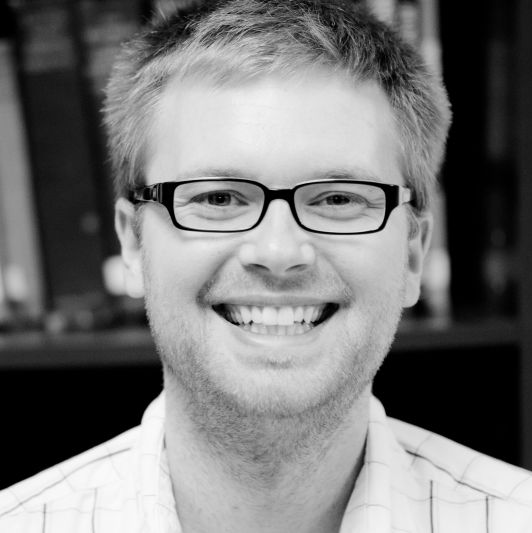Clio's Current
What We Do
Clio's Current is a website that explores current affairs through historical perspectives. It is a non-profit project that seeks to encourage public discussion and interest in history. We first began publishing twice weekly on 1 July 2013 and started posting once a week in January 2015.
According to Greek mythology, the muses were the source of creativity for the artistic world, from song to poetry to theatre. Clio was the muse of history and provided insight into how ancient Greek civilization understood the past. Today, Clio remains a powerful symbol for historians, their craft and their commitment to communicating the past to others. The river of history, as philosopher R.G. Collingwood wrote, never stops flowing. Clio's view on current events is just as important as her view of the past. For this reason, Clio’s Current seeks to explore a diverse set of ideas and events with our readers. Providing historical sensibilities to contemporary issues can offer a more impartial and disassociated look at the complex issues of today.
At its core history is about asking questions and finding answers about our past. From that simple premise, historians have taken “What happened before now?” as a means to explore complex global and local interactions between communities, organizations and individuals. Understandably, non-historians find it daunting to fully grasp the multiple ways in which we study the past. Many consider history a time-line of dates or a serial listing of facts. Our purpose is to bridge the gap between the complex history found in the historical profession and the more simplified (but no less important) public understanding of the past.
In the digital age, historians have new ways of communicating the past to the public. What form that will take and what impact it will have is yet unknown, but it is vital that historians occupy that digital space. They must begin to explore it as a space for the public to engage with academic history in a meaningful way. Sometimes we use the past to ask questions about the present and other times we use the present to guide our questions about the past. Clio's Current uses the tools of the digital age to make history both consumable and accessible to the public. It adds to a public knowledge of history. By linking the present to the past in a clear and unambiguous way, we hope that the public can begin understanding the more complex questions that historians pose and the difficult answers they reveal.
Who We Are

Geoff Keelan is a SSHRC Postdoctoral Fellow at Western University. He completed his PhD at the Univesity of Waterloo in Canada. He specializes in Canadian Political History and War and Society. His doctoral dissertation examines the role of French Canadian nationalist Henri Bourassa during the First World War. He has also written about the historical memory of French Canadian Great War veterans. His other work explores the emergence of "digital society" in the 21st century and its historical antecedents. He enjoys reading about Canadian politics, international affairs, and digital society.
He posts to Reddit under the account CanadianHistorian.

Kirk W. Goodlet earned his PhD in history at the University of Waterloo, Canada. His areas of specialization are War and Society and modern European History. His doctoral dissertation focuses on war and reconstruction in the Netherlands during and after Nazi occupation. In addition to these topics, he has written on German prisoners of war in Canada during the Second World War, Canadian internment operations, and Nazi Germany. Other projects that he is working on include a cultural history of humanitarian intervention and a comparative study of German POWs in Alberta and Ontario. He enjoys reading broadly on contemporary conflict and foreign policy, as well as the Middle East.

Matthew Wiseman is a PhD Candidate in the Department of History at Wilfrid Laurier University, Waterloo, Canada. His areas of specialization are Cold War as well as post-1945 Canadian Political and Social History. He has written and presented work that explores issues related to military procurement, foreign policy, and the history of science and technology policy in 20th-century Canada. His doctoral dissertation examines the establishment of the Defence Research Board (DRB) within Canada’s DND in 1947, and the contribution that DRB scientists made to Canada’s postwar defence policy during the period 1947-74.
In addition to writing for Clio's Current, Matthew is a Research Associate at the Laurier Centre for Military, Strategic and Disarmament Studies, and maintains a personal blog about Cold War history.
